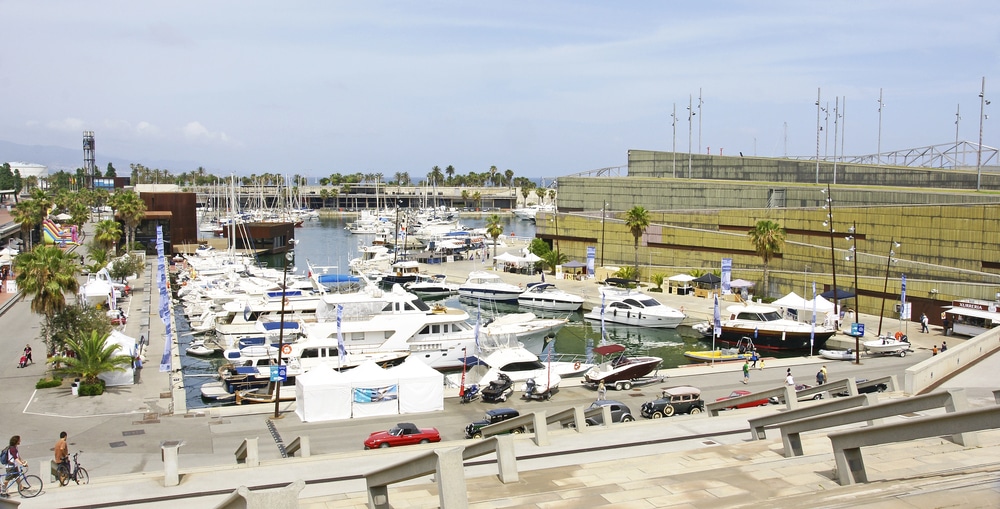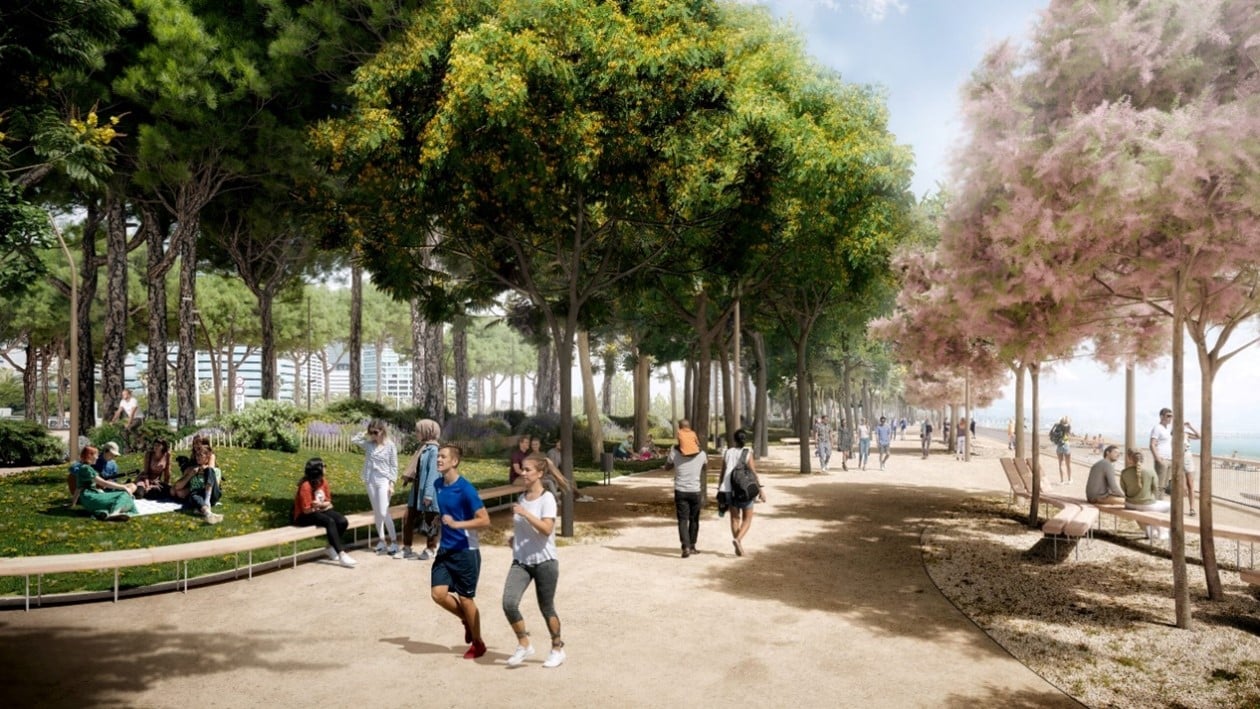Barcelona is preparing for a new economic boost in its tourism management. Thanks to the increase in revenue from tourist taxes, the city expects to obtain an additional 20 million euros, which will be added to the revenues already expected. This increase will not only finance essential services, such as cleaning, security and transport, but also help to better manage the areas most crowded and saturated by tourists, contributing to a better coexistence between residents and visitors.
 What will the 115 million euros raised be invested in?
What will the 115 million euros raised be invested in?
With the increase in revenue, Barcelona will have more than 115 million euros thanks to the 100% municipal surcharge and 50% of the tax on stays in tourist establishments (IEET), which is managed by the Generalitat. These revenues will be allocated to a series of projects that seek not only to maintain the quality of urban services, but also to improve the experience of both tourists and residents. Among the services that will benefit from this increase in revenue are some as essential as:
- Urban cleanliness: With the influx of visitors, the cleanliness of the city becomes crucial to maintain a pleasant environment for both residents and visitors.
- Security: Increased revenues will allow for increased resources for security, which is essential in high-occupancy tourist areas.
- Street lighting: We seek to improve urban infrastructure to ensure that public spaces remain attractive and safe.
- Public transportation: Given the intensive use of transportation by visitors, funds will be allocated to improve and expand mobility services.
The Plan for areas of high affluence (EGA): key to managing tourist saturation
One of the great challenges for a city as visited as Barcelona is to properly manage areas with a high tourist influx. To this end, a significant part of the funds will be allocated to the Plan for areas of high affluence (EGA), which aims to improve coexistence between tourists and residents in particularly crowded areas. This plan will include measures such as:
- Increase of civic agents: To control the behavior of visitors and ensure that the rules of coexistence are respected.
- Improving public space: The maintenance and improvement of common areas is essential to ensure that residents and tourists alike can enjoy the city.
- Management of tourist flows: To avoid overloading certain areas, measures will be implemented to redirect tourists to other areas of the city, thus better distributing the impact of tourism.
- Revitalization of local commerce: Supporting businesses in areas with high tourist traffic is key to maintaining the identity of neighborhoods and offering quality products to both tourists and residents.
Promoting trade fairs and congresses to diversify the city’s economy
One of the municipal government’s goals is to diversify the city’s economy, and the funds obtained through the tourist surcharge will also be used for this purpose. Specifically, it will seek to promote events such as fairs and congresses that not only bring economic value, but also boost the city’s dynamism and attract a visitor profile interested in innovation and cultural exchange. This approach not only allows the city to diversify and not rely solely on leisure tourism, but also helps to position it as a benchmark in the field of professional events. Barcelona is already known for hosting world-class events, and the idea is to build on that success.
Approval of the rate increase: a broad consensus in the municipal plenary meeting
The increase in the tourist surcharge rate was provisionally approved in the municipal plenary at the end of July, with broad support from the municipal groups. After going through the public information period, during which no allegations were presented, the measure has been automatically approved. This consensus among the different political groups reflects the importance of managing tourism in a sustainable manner and ensuring that the benefits of this industry have a positive impact on citizens. Rather than seeing it only as a source of income, the local government is using tourism as a tool to improve the quality of life of Barcelonans and ensure that the city remains an attractive place to live and visit.
A development engine
Barcelona continues to prove that tourism can be a driver of development when managed responsibly. With the more than €115 million raised, the city will not only be able to improve its essential services and better manage high-traffic areas, but also promote events that boost the local economy. This more balanced and qualitative approach to tourism management will not only benefit visitors to the city, but will also ensure that residents can continue to enjoy their Barcelona, without feeling that they are losing their identity or their space.



